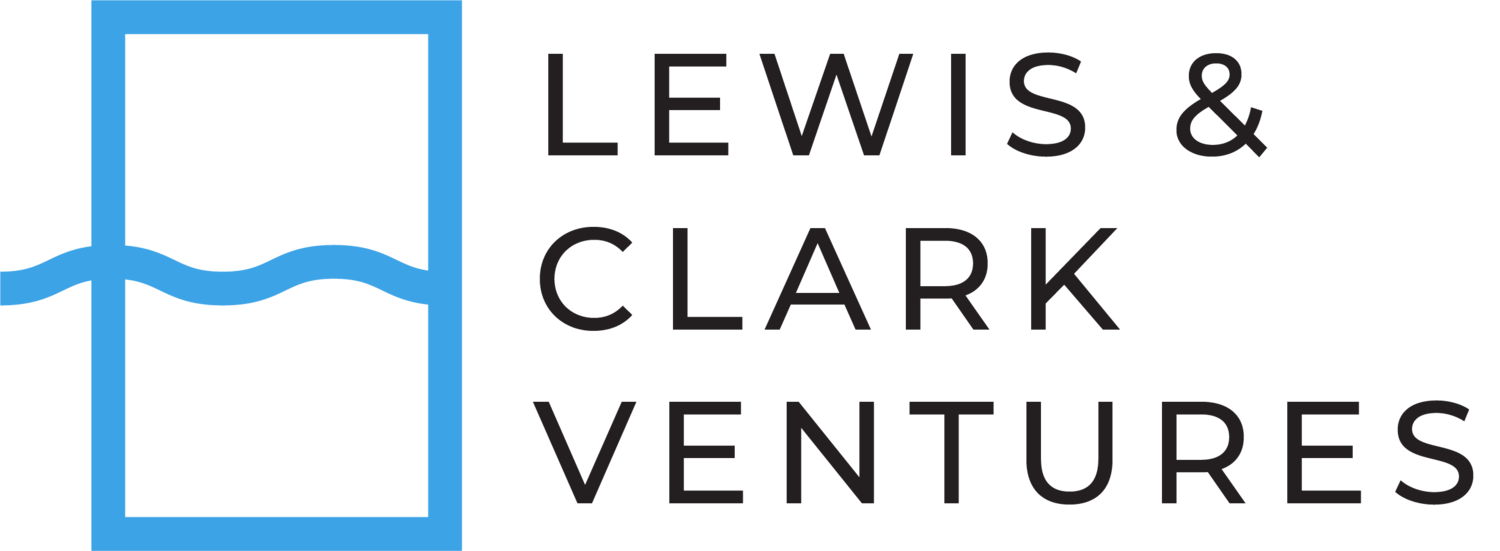A new, but familiar, funding landscape lies ahead for St. Louis startups in 2023
About a year ago, when Fenton-based apparel company Agogie began to seek fresh financing, it turned to the typical roster of startup investors.
The startup spoke with venture capitalists, angel investors and high-net worth individuals, and while some conversations were promising, a deal never materialized. Agogie has since turned to a new source of funds, its customers, launching an equity crowdfunding campaign in December.
It’s a decision Agogie founder and CEO Aaron Mottern says is in part a reflection of a slowing venture capital market, with the amount of capital snagged by startups dropping for three consecutive quarters. It's not alone in navigating a new funding landscape. In the quarter ended Dec. 31, startups closed 2,935 funding deals totaling $36.2 billion, down from $46.8 billion and 3,605 deals in the prior quarter.
“The bar (for funding) is a little bit higher about capital efficiency and the growth metrics,” said Brian Hopcraft, general partner of Clayton-based venture capital firm Lewis & Clark Ventures.
As the broader economy worries about the possibility of a recession in 2023, the technology and innovation sectors begin the new year with cracks already starting to show after years of record growth. As venture funding has slowed, dozens of technology firms nationwide have made layoffs in recent months, including local software startup Balto and real estate technology firm Clever Real Estate.
In 2023, Hopcraft expects the amount of venture capital dollars given to startups will be more around the levels of 2019, when U.S. firms snagged $145.8 billion in capital, than the record total of $343.6 billion in 2021. With that, Hopcraft said it’s likely that the dollar amounts of funding rounds and the valuations given to companies will drop from the figures seen in 2020 and 2021. That could pose challenges for firms that raised funding in those years with valuations that investors today will likely balk at in the current market, he said.
Though, for companies with good management teams and strong market fit, Hopcraft said attractive deal terms will still emerge, even if valuations have slid in recent months.
“Those companies still get funded and still get a premium. That premium is not like it was in 2021,” he said.
While concerns about a recession may hamper some technology companies' plans in 2023, other local firms in the industry aren’t planning to slow down this year.
Clayton-based SureCam, which provides vehicle fleet companies with connected dashcams and video telematics software, said it plans to add 40 new employees by the end of the year in sales and customer success roles to meet demand for its products. It currently has about 65 employees.
“If there is anything standing in our way, it is our ability to fill all of the positions with the right people as quickly as we would like,” said Mesha Corey, SureCam’s chief revenue officer.
Mortgage technology startup OptiFunder, which raised $25 million in late 2021, believes its ability to help the mortgage providers enhance operations amid rising rates will propel it for success in the year ahead.
“In business, there is always reason to exercise some caution. But we provide a way for mortgage lenders to cut costs, which they have been eager to do, and our business model is proven,” said founder and CEO Michael McFadden. “Still, if Covid taught us anything, it is that we should all prepare for the unexpected.”
Hopcraft said he’s noticed some other startup investors have slowed down in recent months amid economic uncertainty. However, he says his Clayton investment firm is still on the hunt for deals, confident that attractive companies will emerge whether a recession comes or not.
“We think it’s still a great time to be investing because great companies come independent of what the economy looks like,” Hopcraft said.

